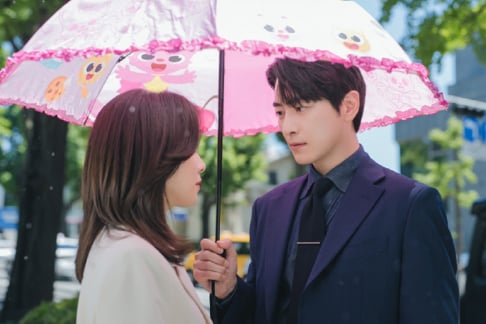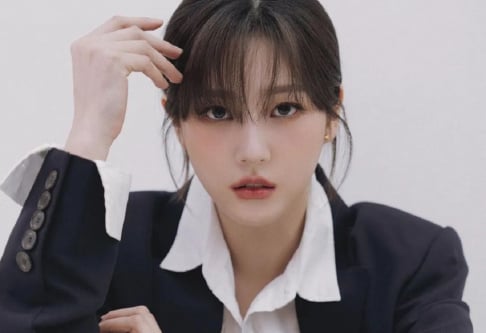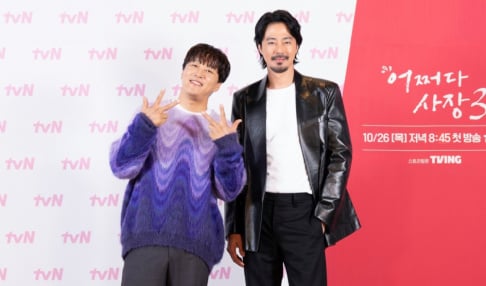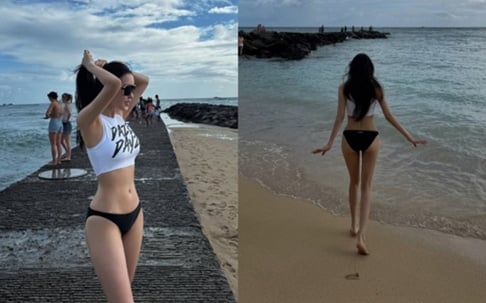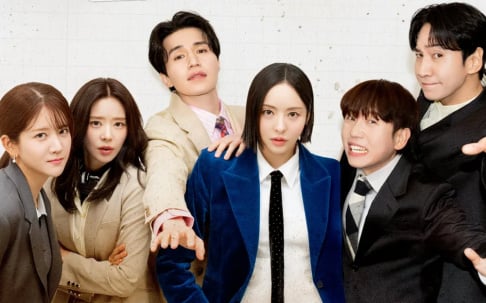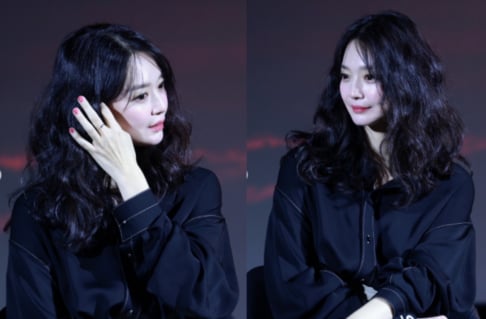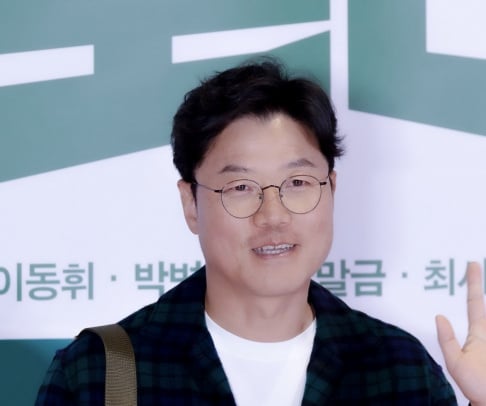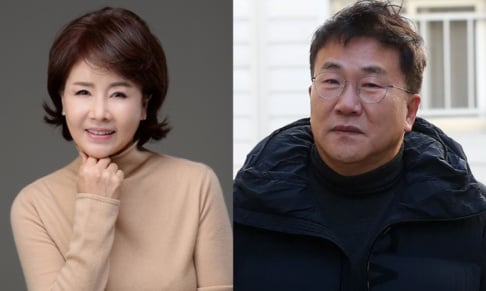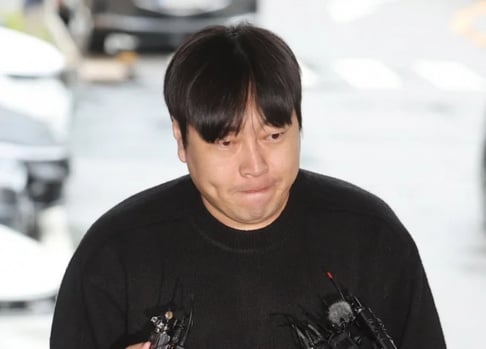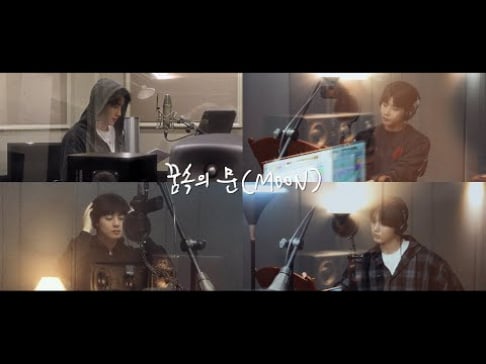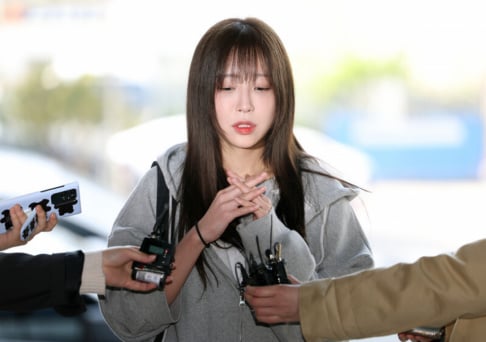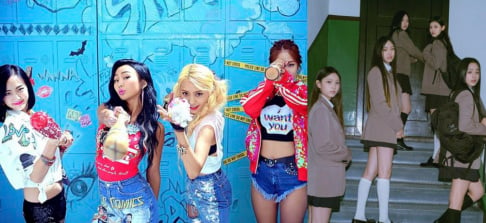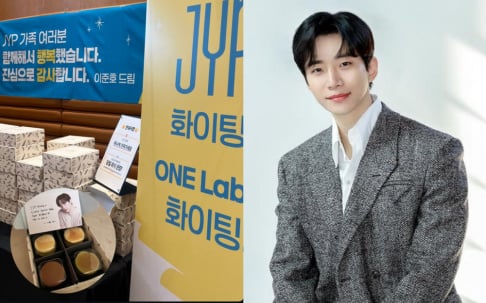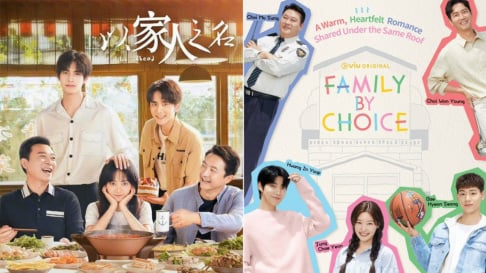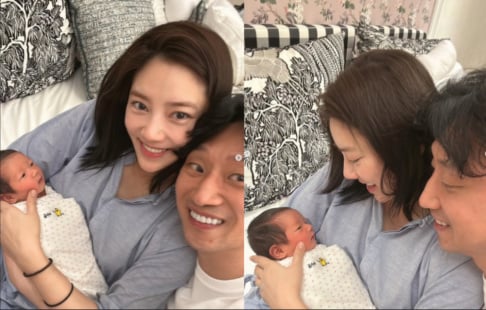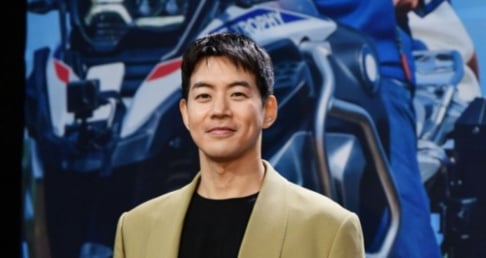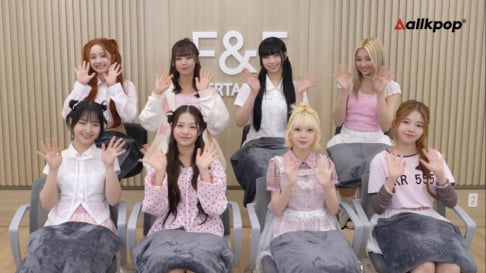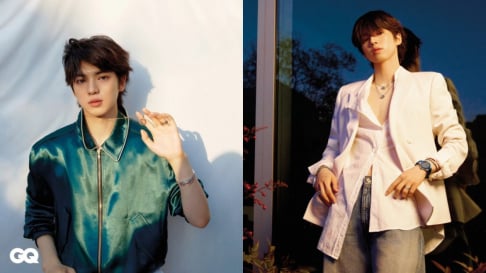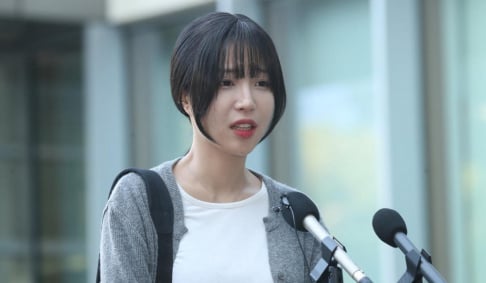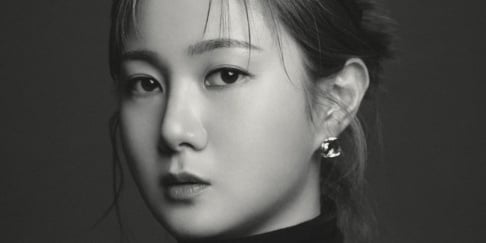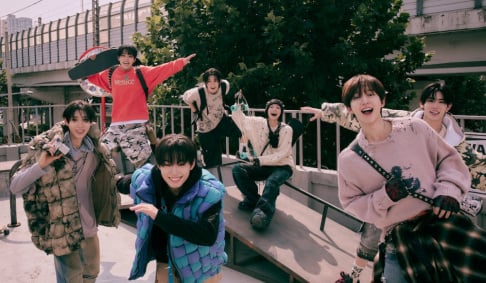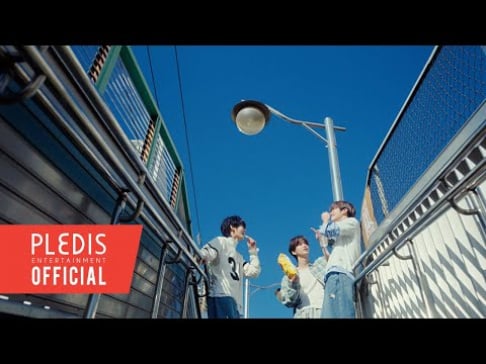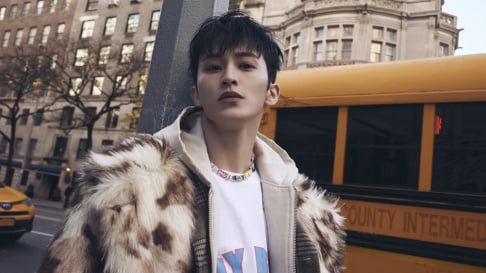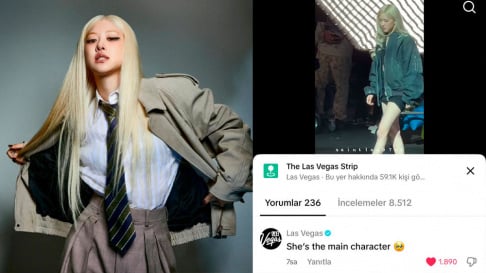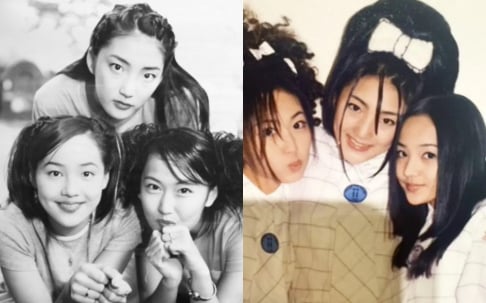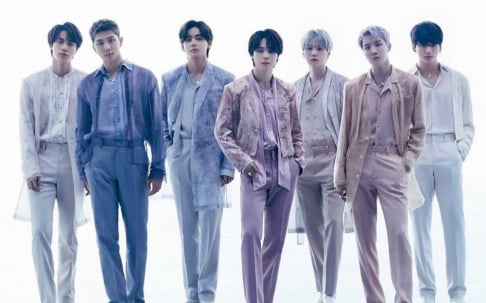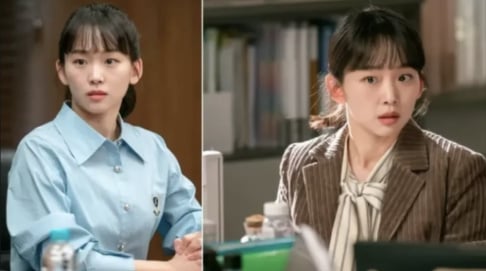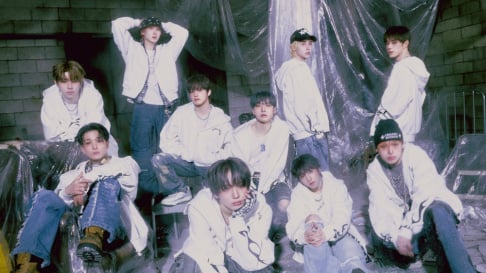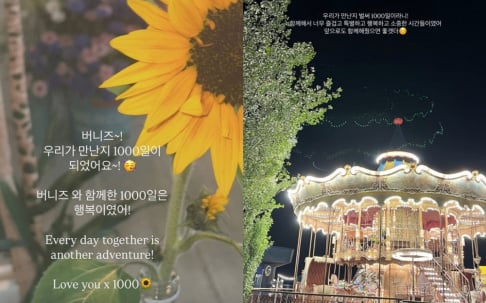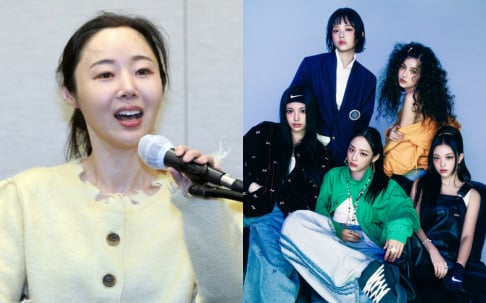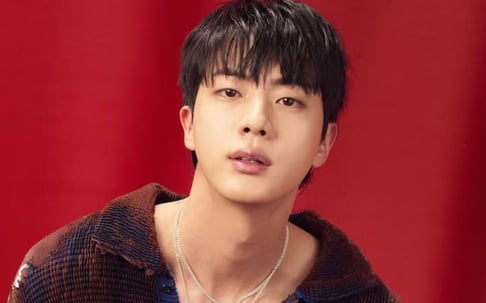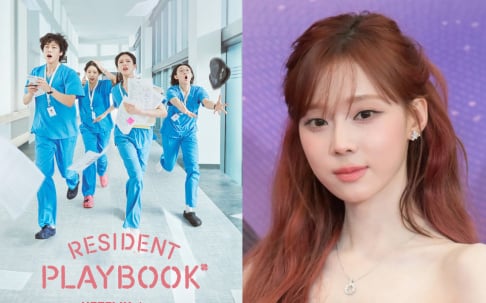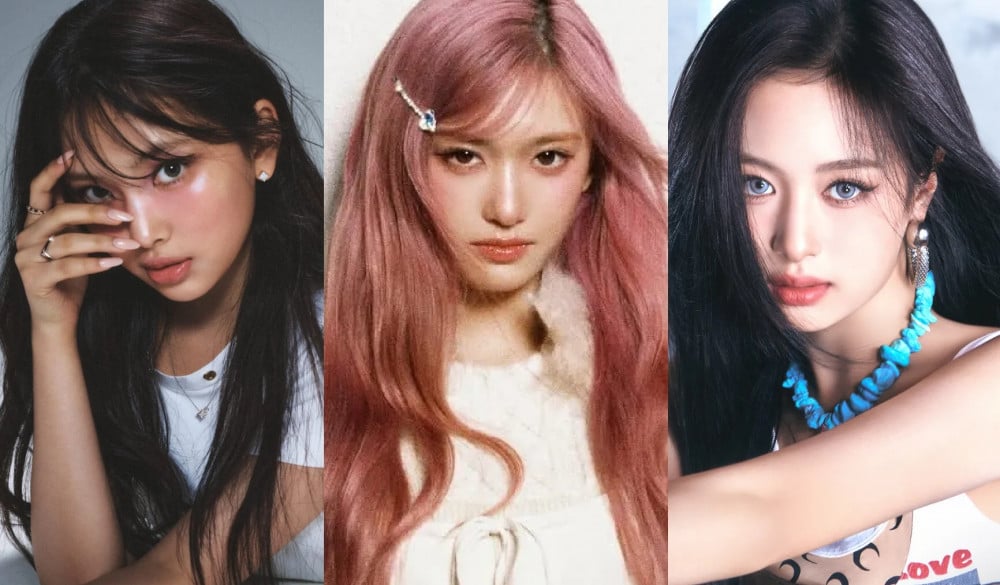
The National Assembly has proposed new amendments that could significantly impact the K-pop industry.
"Does it make sense to cut off and limit working hours just based on age? Anyone who takes a closer look at how the industry operates would immediately see how unrealistic this is. Why is this being brought up again…"
An official from an idol agency sighed deeply as they voiced their frustration. The K-pop industry is at odds with the National Assembly's proposed amendments to the Act on the Development of Popular Culture and Arts Industry.
The controversy stems from the revision that further subdivides working hour limits for young entertainers. The current limits of '35 hours per week for those under 15' and '40 hours per week for those aged 15 and older' would be broken down further by age group with additional daily limits.
The new proposal sets a limit of 30 hours per week and 6 hours per day for those under 9, 35 hours per week and 7 hours per day for those aged 9 to under 15, and 40 hours per week and 8 hours per day for those aged 15 and older. This amendment, previously proposed but scrapped due to the end of the last National Assembly term, has now been reintroduced.
The Korea Music Content Association, which includes major domestic music labels, criticized the amendment, stating, "A bill that limits service provision hours by subdividing the age groups of popular culture artists ignores the realities of the industry."
In K-pop, younger idol groups are currently leading the wave of popularity. The system involves casting young talents who undergo rigorous training as agency trainees before debuting. Many begin their careers during their teenage years, often balancing idol activities with their middle and high school education.
NCT Dream debuted as a 'teenage unit' with all members underage and has since grown into a top global idol group with all members now adults. NewJeans' Hyein and IVE's Leeseo, now turning 17 and 18 respectively, both debuted at the age of 14. UNIS's Seowon, born in 2011, is 14 this year. BABYMONSTER’s Ahyeon is 18, and SM Entertainment’s soon-to-debut girl group Hearts2Hearts consists entirely of minors.
Given the nature of the industry, where concerts, award shows, music video shoots, and music show appearances demand significant time from preparation to execution, many believe these regulations will only become a hindrance. An agency official lamented, "It's not like we release new songs and promote all year round. We work hard to prepare and focus our activities during comeback periods, but with daily time limits, we’ll barely be able to complete even one music show in a day."
They added, "Even filming in-house content takes up to 10 hours. Music videos are already shot over two to three days to comply with existing regulations. Adding daily time restrictions for minors means splitting the schedule even further, doubling costs for hair, makeup, and styling. This ultimately affects the members' earnings. Who is this really for?"
The financial burden is expected to hit smaller agencies the hardest.
Concerns about reverse discrimination also arise, as idol groups operate as a unit, making age-based restrictions problematic. Another official noted, "Under current rules, minor members leave by 10 PM or continue only with parental consent. One minor idol even said, 'This is our job and workplace, but age-based restrictions make us feel left out.'"
They continued, "Every member has fought fiercely for their debut, and their passion for their activities is strong. Agencies are also striving to support health and education. While we fully support the intention to protect young artists, the bill lacks practicality. Even the artists themselves don't see this as 'care,' but as an 'age cut.' It’s essential to consider the realities and listen to the voices involved."
What are your thoughts?
SEE ALSO: Another K-drama faces record-low viewer ratings in the 0% range
 SHARE
SHARE
